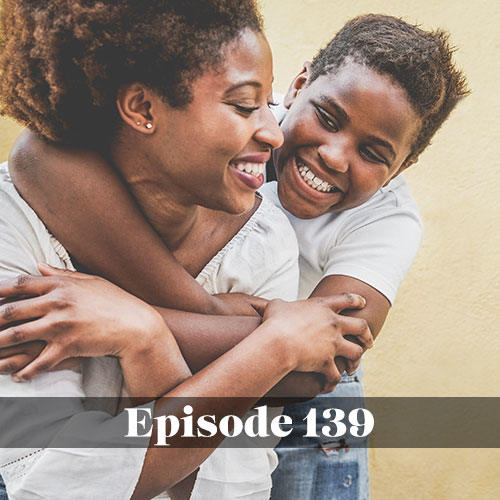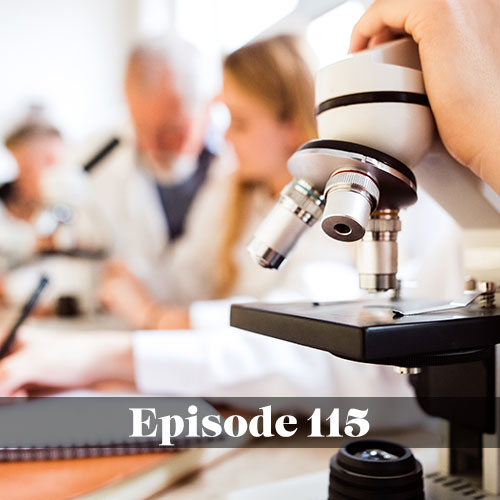In this episode, host Joel Gagne speaks with Dr. Kim Pietsch Miller of Bexley City Schools about strategic planning at a new school district.
Dr. Pietsch Miller, in her second year leading Bexley schools, says strategic planning was helpful with her acclimation to the district.
The district partnered with an agency to facilitate strategic planning, inviting input from all students grades 6-12, staff, parents and community members who don’t have children in schools.
“So by gathering data from many stakeholders—and very large numbers of stakeholders—it was a great opportunity for me to learn the values of the community at an even greater level than just from studying online—the website, news stories, etc.,” Dr. Pietsch Miller says. “So this process… helps you to find out what’s really important, and the direction that the community wants to go.”
Dr. Pietsch Miller says she was fortunate to be able to rely on a vibrant education foundation during her first six months of getting acclimated. She connected with teachers, the mayor and the local chamber of commerce, among other stakeholders.
She was able to tap into those sources to identify participants for focus groups. The district sent surveys to every student, staff member and parent in district, and then to more than 750 community members.
The district selected 300 for focus groups and 3,000 people to participate in a survey.
Dr. Pietsch Miller says she didn’t face any pushback in the strategic planning because she was hired to realign the district. In her first year, she realized the district’s five buildings had varying philosophies and kids were coming to the high school with very different experiences.
The staff wanted greater alignment.
“But they needed the support of a common mission and vision,” she says. “So that was probably the biggest need, was to get that alignment. And that’s the work I love doing and that I enjoy doing because I believe when people are aligned and focused you can collaborate, you can help one another.”
She was hired to replace a leader who had been in place for 16 years. At the same time, a new treasurer replaced the one who had held the role for 38 years. And the district happened to celebrate its 100th anniversary in September 2017.
“It made sense to say, let’s figure out where we want to go in the next 100 years,” Dr. Pietsch Miller says. “It makes sense to be thoughtful and take some time. Overall, it has been very well-received, because we involved so many people. People have appreciated being listened to.”
Joel asks about musts for superintendents in 2018 and beyond.
“We always talk about building relationships,” Dr. Pietsch Miller says. “But it’s not just building relationships where you like one another and can get along, but truly listening to people and hearing where people have concerns or pain points, so to speak, and making sure they know that you understand.”
Joel asks what Dr. Pietsch Miller would change in public education.
“If I could change one thing in public education it would be that every person associated with it—teachers, other staff, students, parents, community members—come to it with an open mind and a willingness to constantly learn,” she says. “I really think the best eductors are constantly learning. I think we could solve almost any problem that we face—I think resistance to learning and growing is what keeps us from solving problems.”
Closing out the episode, Dr. Pietsch Miller recommends the books David and Goliath: Underdogs, Misfits, and the Art of Battling Giants, by Malcolm Gladwell, and The Contender, by Robert Lipsyte.
Got a question or topic you’d like covered in an upcoming We Love Schools podcast? Email us at info@weloveschoolspodcast.com
First time listening to We Love Schools? Learn more about our weekly podcast.
Interested in learning more about how the Allerton Hill Communications team can help your school with communications? Contact us today.






